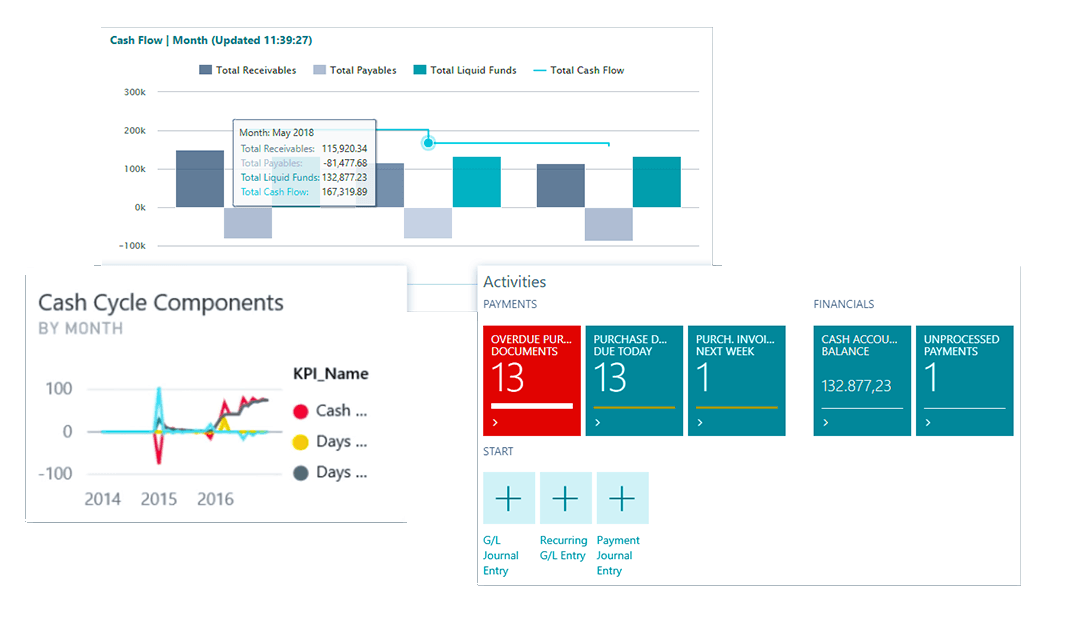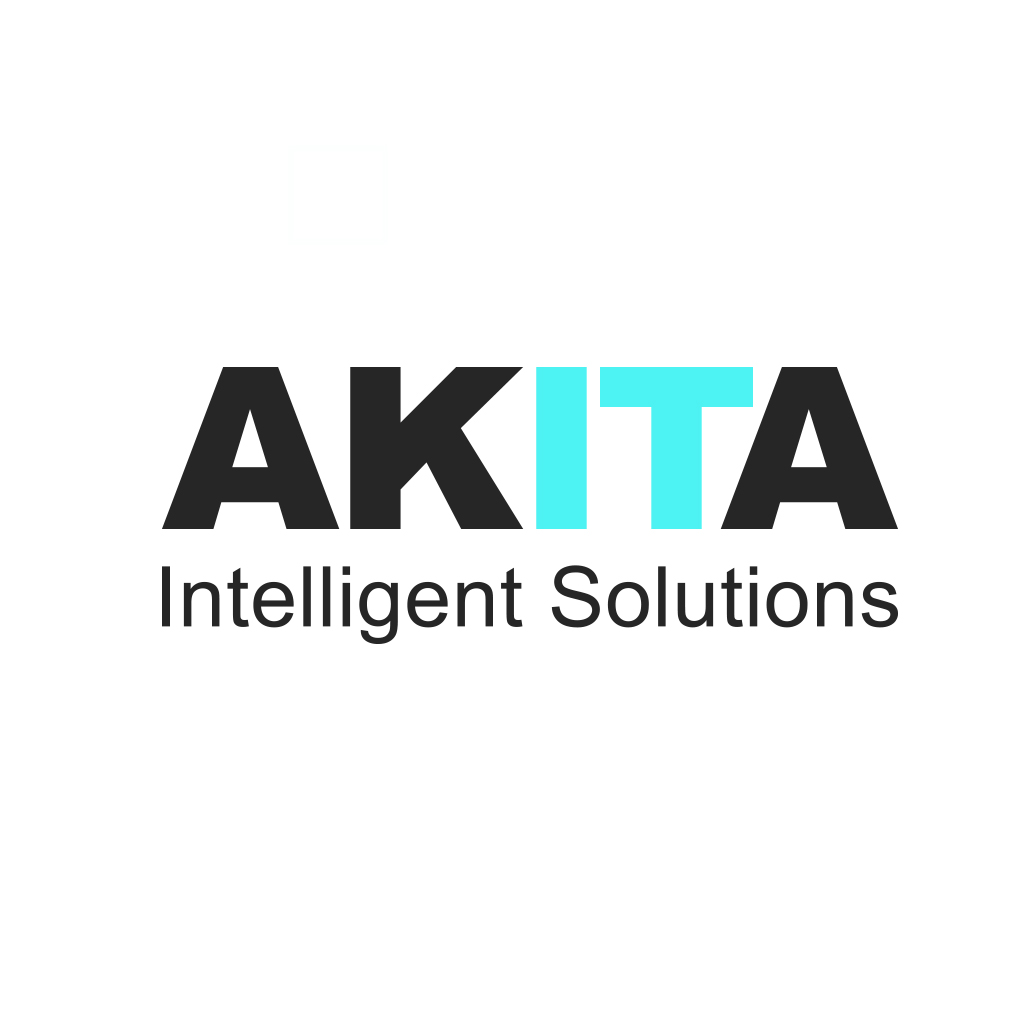The current competitive environment has organisations questioning the effectiveness of their business systems.
Finance sits at the centre of most organisations and this is one of the most crucial technology platforms within a business. Sage traditionally has been seen as the accounting software system of choice. But the cracks in this platform are starting to show, and competitors such as Microsoft Dynamics 365 Business Central now offer the same functionality – plus a range of other benefits on top. So if you’re tired of your current accounting software, here are the benefits of migrating from Sage to Business Central:
1. Scalability Benefits Of Migrating From Sage To Business Central
Every company grows and evolves. You, therefore, need software with the capacity to grow with you. Business Central is designed to scale, so will be as applicable for SMBs as multi-national enterprises.
This is different from Sage, which - dependent on the version - limits the number of users and features (20 users in the case of Sage 50 and 50 in the case of Sage 200).
And while both solutions can be cloud-based (for near-infinite scaling) it’s not an equal match: Business Central sits within Microsoft’s highly-resilient, global cloud infrastructure. In contrast, Sage’s cloud environment appears less robust, with products seemingly subject to outages and issues.
2. Access & Learning curve
There’s no denying that Sage has a steep learning curve. While many of the features make sense to those from an accounting background, other users needing data from Sage will struggle. In contrast, most people familiar with a CRM or ERP solution can source data from Business Central with relative ease.

Business Central also supports easy, up-to-the-minute reporting via both dashboards and Microsoft Power BI. In contrast, Sage’s reporting process is far more complex, making getting custom data requests a very manual task.
3. Automation Benefits Of Migrating From Sage To Business Central
Automation in business is one of the top ways to save time – and thereby increase productivity. And the lack of automation features in Sage is a significant downside for the software.
On the other hand, Business Central is renowned for its features that allow for the automation of vendor records, reconciling payments, and other manual tasks. Also, as a Microsoft product, Business Central integrates with Microsoft business applications such as Word, Excel and (crucially) Outlook. This in turn offers further automation options and potential time-savings - a big plus when considering migrating from Sage to Business Central.
4. Integration & Performance
Out-of-the-box integration is one of the major benefits of migrating from Sage To Business Central.
Business Central is designed to give you the optimum performance and adapt to your changing business needs. The comprehensive solution comes with finance, ERP and CRM system functionality in a single integrated cloud solution. It also offers solutions for the different organisation departments for ease of collaboration and will integrate with other business applications with ease.
Most versions of Sage, in contrast, are limited to basic accounting functions. And while Sage software will integrate with other applications, it's typically with the assistance of an API or third-party software. This adds another layer of system complexity, not to mention additional security risks.
5. Infrastructure & maintenance
As mentioned, Business Central sits within Microsoft’s cloud environment. Here, the application benefits from advanced security features and protection. Any issues are patched automatically, while new features are provided via a twice-annual update. And Microsoft backs up its platform in case of hosting issues.

In contrast, Sage requires users to check for the latest updates to upgrade. In some cases, users then must download those updates manually.
For cloud Sage users, this process can be inconvenient. For non-cloud Sage users, it can be fairly complex – businesses typically will need to take down their accounts platform (and any server it's held on) while the update is made. As this invariably has to be done out-of-hours, it can be costly and inconvenient.
Thus one of the benefits of migrating from Sage to Business Central is downtime time saved.
Discover The Benefits Of Migrating From Sage To Business Central For Yourself
Sage 50 has been the dominant name in accounting for years. But it’s an ageing system. Features that have been added over the years have typically been bolted-on, so they either don’t feel joined up or require middleware to work. Sage’s cloud setup feels similarly like an afterthought and seemingly not as robust as could be.
Business Central in contrast is a much fresher platform. It covers all of the same ground as Sage for accounting but then adds CRM functionality, improved reporting and indigenous integration with Outlook and the wider Microsoft 365 application. Equally, Business Central is built for cloud-first use, with all the benefits that brings.
Considering migrating from Sage 50 to Business Central? Akita’s QuickStart Business Central Finance package will deliver a new Microsoft cloud accounting solution in as little as five days. View more:





